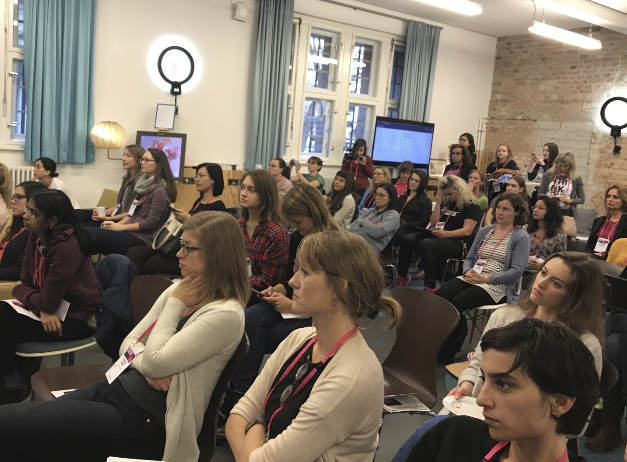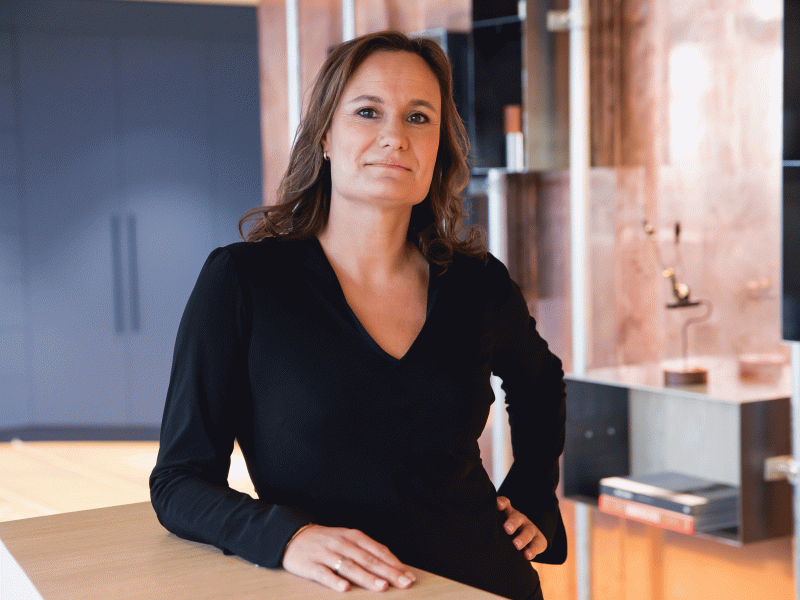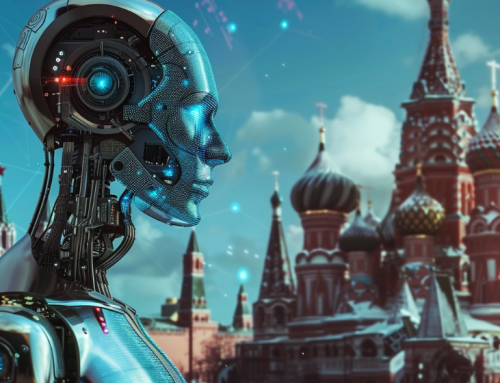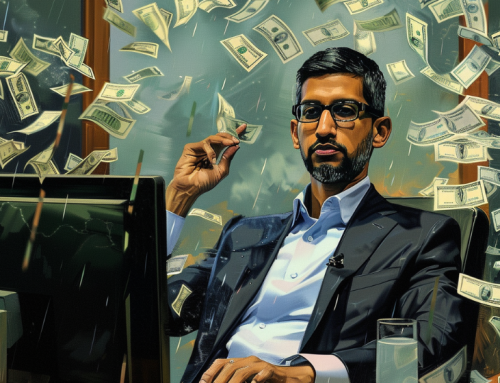Women Need AI Development Roles to Keep Gender Bias from Algorithms
Fortune magazine’s Most Powerful Women International conference highlighted a major issue in AI development: the dearth of women and minorities and the lack of data involving them could create an inherently biased AI system.
Booking.com president and CEO Gillian Tans told attendees at the London-based conference that having homogeneous AI coders and algorithm creators is a dangerous trend.
“You get all kinds of bias in the data.” If the industry doesn’t focus on fixing the issue, she adds, “we’ll get other challenges in the future.”
While there are women in AI and more entering every year, white men dwarf their numbers. The trend that started in the 1980s when “cowboy” entrepreneurs in software and hardware built organizations dominated by young white men. The disparity even now is not an accident, according to the Vogue story:
“For every dollar a male founder makes, his female counterpart will earn just 39 cents; at high-profile companies like Facebook, Apple, and Google, the ratio of male to female employees is 3:1; the number of women in leadership roles across the industry remains embarrassingly small. “Going from being an engineer to a founder to an investor” gave Drive.ai cofounder Carol Reiley a chance to inspect the gender imbalance problem from multiple angles. “There are studies that show even if a male and female pitch the same pitch, the male is 70 percent more likely to get funded,” she says. Once they get funding, “people like to hire people who look like them, and it becomes harder and harder as your company grows larger, because no one wants to be the first female after there are 20 men already there.”

Attendees at the AIHack4Ladies in Berlin sponsored by Women in AI.
Currently, women make up only about 20 percent of the high-tech workforce in Silicon Valley.
An organization called Women in AI is seeking to encourage women and support them in their endeavors in the field. The nonprofit says it is “working towards gender-inclusive AI that benefits global society.” Also, it is a “community-driven initiative bringing empowerment, knowledge and active collaboration via education, research, events, and blogging.” It has more than 1,800 members in more than 80 countries.
As member Vidya Munde-Mueller wrote on a Medium blog, only 8–12% Machine Learning experts are women, leaving nearly 90% dominated by men, meaning bias in AI with skewed data and algorithms, coding bias and inequality are more likely.
As Stanford Professor, Fei-Fei Li stated:
“If we don’t get women and people of color at the table — real technologists doing the real work — we will bias systems,” she has said. “Trying to reverse that a decade or two from now will be so much more difficult, if not close to impossible. This is the time to get women and diverse voices in so that we build it properly.”








Leave A Comment